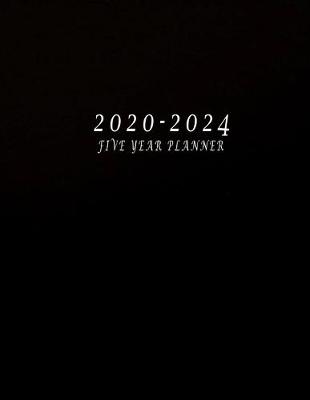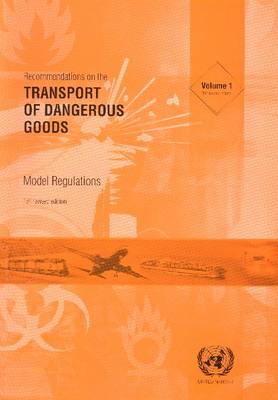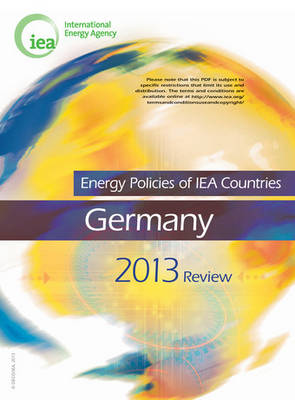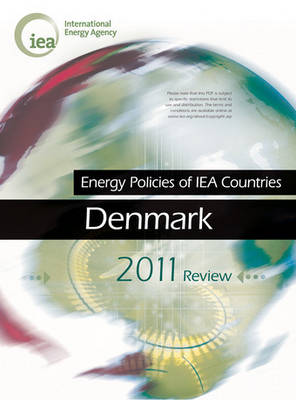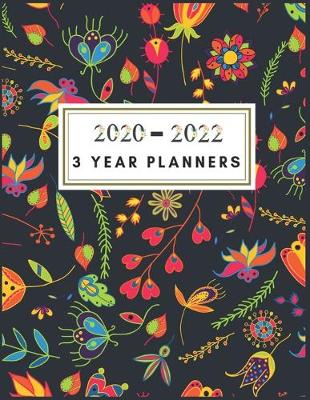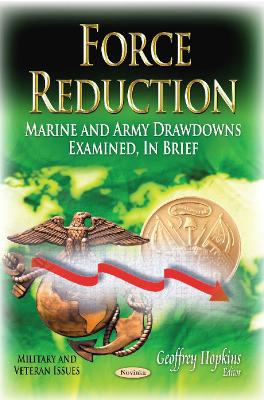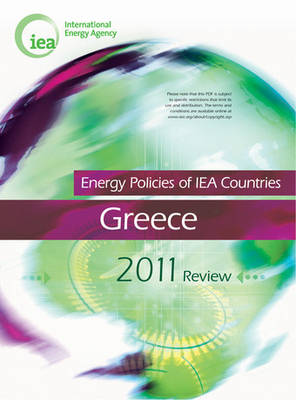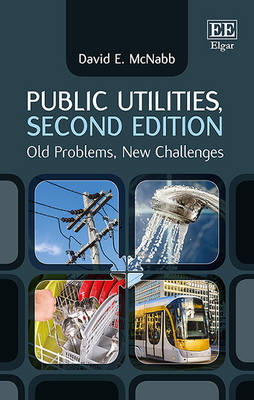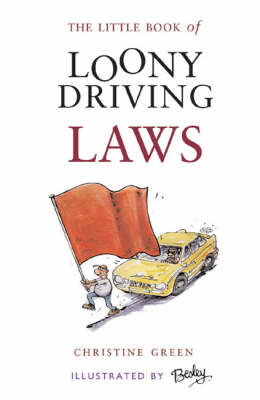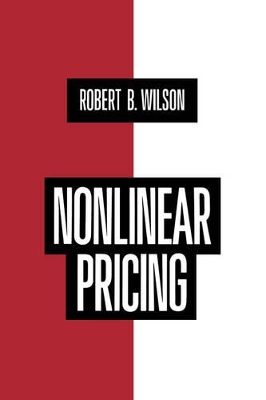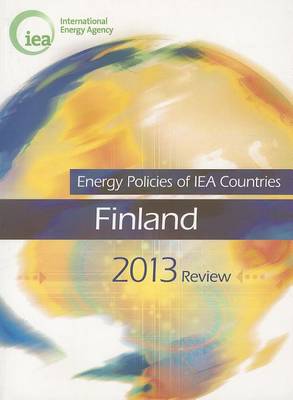Recommendations on the Transport of Dangerous Goods
These Recommendations aim to ensure a high level of safety by providing a uniform regulatory system that can be applied by all countries for national or international transport. The Model Regulations cover principles of classification and definition of classes, listing of the principal dangerous goods, general packing requirements, testing procedures, marking, labelling or placarding, and transport documents. They are addressed to governments and international organisations concerned with the re...
Energy policies of IEA countries
Energy policies of IEA countries
Denmark 2011 review (Energy policies of IEA countries)
Regulation by Contract
by Bernard Tenenbaum, Fiona Woolf, and Tonci Bakovic
In many developing countries, both governments and investors have expressed disappointment with the performance of recently privatized electricity distribution companies. Some investors claim that the design of the new regulatory system is fundamentally flawed and recommend that independent regulatory commissions be replaced or supplemented by more explicit ""regulation by contract"" that would reduce the discretion of new commissions. This paper examines whether regulation by contract or a comb...
Energy policies of IEA countries
Covering issues such as deregulation, privatization, organizational reforms, and competition policy, Regulatory Reform of Public Utilities provides a comprehensive summary of regulatory reforms in Japanese public utility industries. Fumitoshi Mizutani expertly explores the main regulatory structures and regulatory reforms in eight Japanese public utility industries: electric power, gas utility, water supply, railways, local bus, postal services, telecommunications, and broadcasting. There are al...
The Marine Corps characterises itself as a crisis response expeditionary force which is task organised and able to conduct operations across the entire spectrum of military operations. The Corps is a "middleweight force" that is designed to fill the void in our Nation's defence structure between light Special Operations Forces (SOF) and heavier conventional units. A number of decisions pertaining to national security strategy, force structure, and declining defence budgets have resulted in a dra...
Energy Policies of IEA Countries
Annotation
A thoroughly updated introduction to the current issues and challenges facing managers and administrators in the investor and publicly owned utility industry, this engaging volume addresses management concerns in five sectors of the utility industry: electric power, natural gas, water, wastewater systems and public transit. Beginning with a brief overview of the historical development of the industry, the author examines policy issues including the consequences of dealing with deteriorating in...
Water on Tap (Cambridge Studies in Law and Society)
by Bronwen Morgan
A little book that takes a quirky look at the world of driving and finds that, universally, the law is an ass! "The Little Book of Loony Driving Laws" reveals over 250 loony driving laws and rules - some current, some ancient. Did you know that: in Australia all cars parked in public places must be locked but their windows must also be lowered by no more than the width of a hand!; in Bermuda, hire cars are banned?; in Montreal, Canada, drivers cannot park their cars blocking their own driveways?...
Nonlinear pricing is pricing that is strictly proportional to the quantity purchased. For example, railroad tariffs are often based on weight, volume, and distance to be shipped; airlines offer frequent flyer bonuses based on miles flown; electric utilities charge different rates for different amounts of electricity used combined with the time it is used based on peak power demands. The book is divided into two parts. The first in a non-mathematical discussion of nonlinear pricing and the second...
Energy policies of IEA countries
